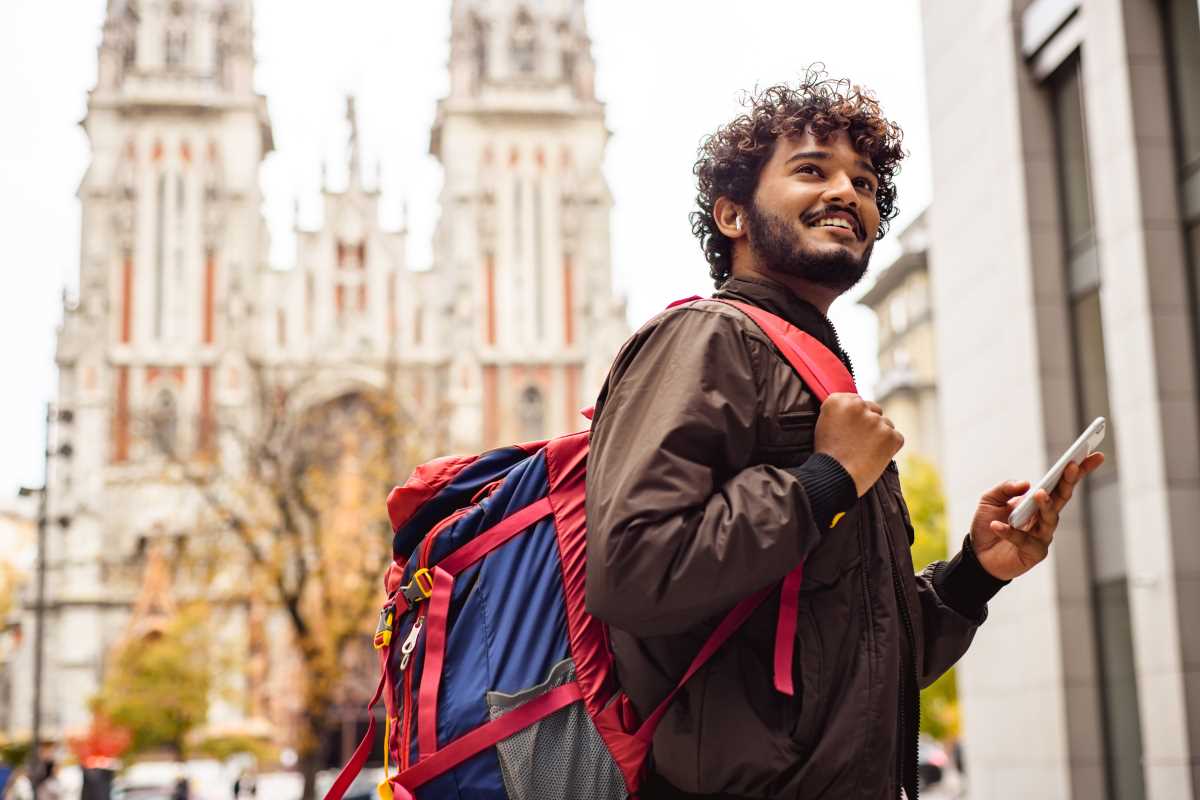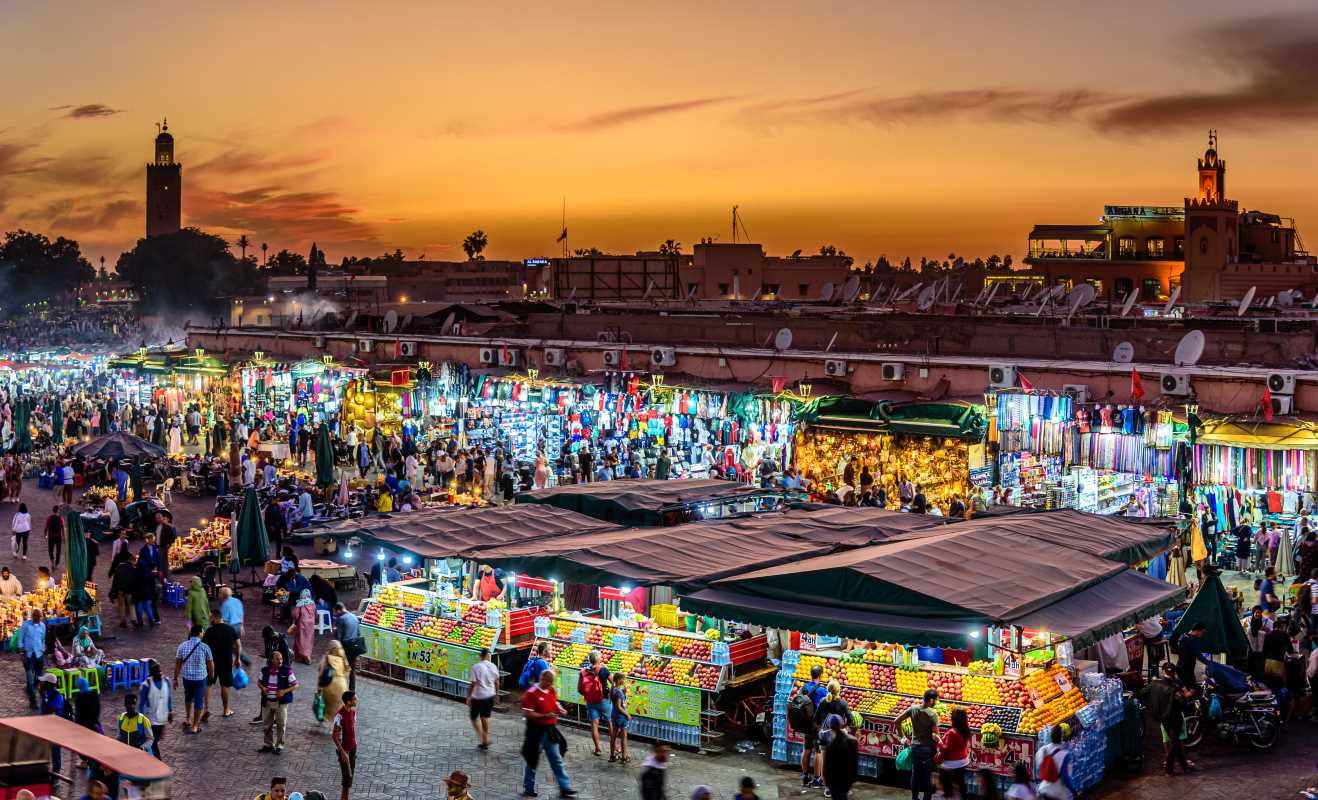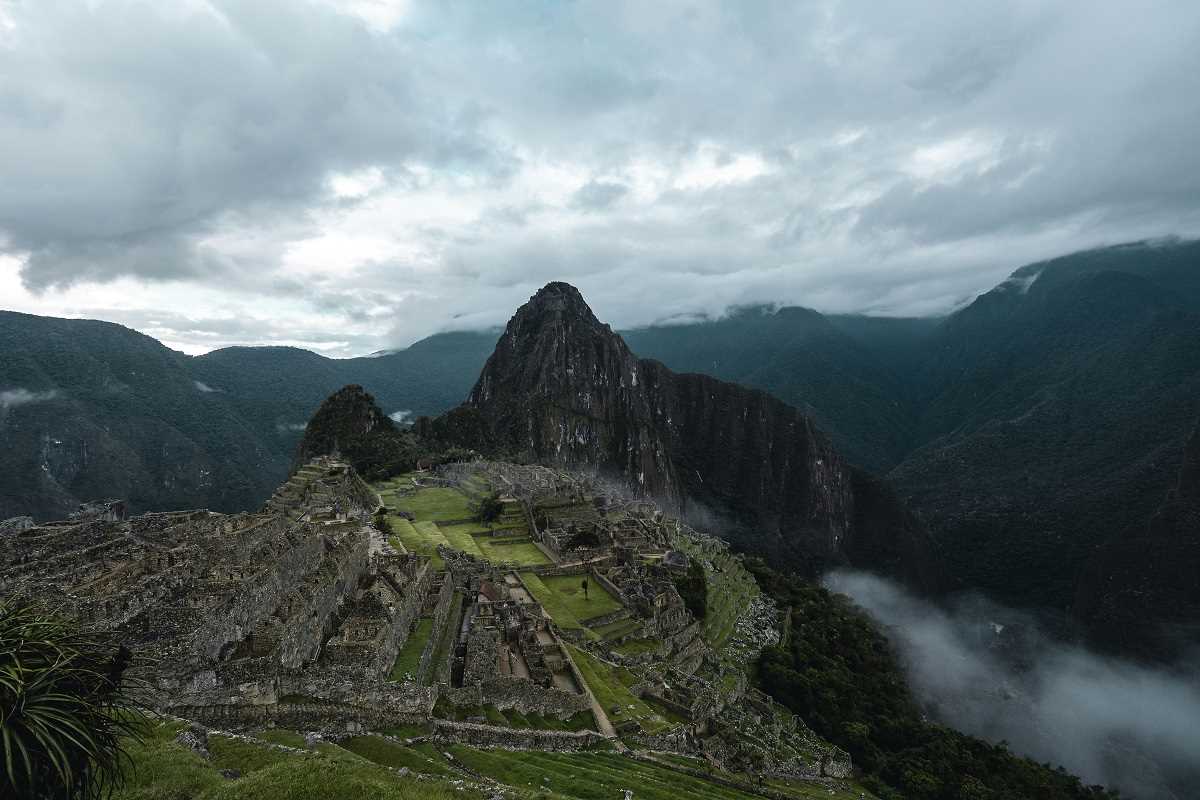Organizing your finances ahead of a journey around the globe transforms your experience from potentially chaotic to wonderfully unforgettable. By taking the time to manage your budget wisely, you secure the peace of mind needed to fully immerse yourself in the wonders of new destinations, free from the nagging stress of financial concerns. This foresight allows you to indulge in the joy of discovery and adventure, ensuring that money matters don't overshadow your exploration. With careful planning, you can savor every moment, knowing your financial foundation is sound and supportive, paving the way for a truly enriching and worry-free travel experience.
Modern explorers face unique challenges, from fluctuating currencies to unexpected expenses. By taking the time to organize your finances, you create a smoother and more enjoyable travel experience.
Setting Travel Goals
Understanding what you want to achieve with your travels shapes your financial plan. Here are some common travel goals:
- Adventure and Exploration: Seeking thrilling activities and discovering off-the-beaten-path locations.
- Cultural Immersion: Experiencing local traditions, cuisine, and lifestyles.
- Relaxation and Leisure: Enjoying beaches, spas, and downtime to recharge.
- Work and Study: Combining travel with professional development or education.
Each goal influences how much you’ll need to spend and where you might allocate your budget. For instance, adventure travel might require funds for gear and activities, while cultural immersion could focus on experiencing local food and events.
Budgeting Basics for Travelers
Creating a budget is essential for keeping your travel spending in check. Follow these steps to build a solid budget:
- Estimate Daily Costs: Calculate expenses like accommodation, food, transportation, and activities.
- Set a Total Budget: Decide how much you’re willing to spend on your entire trip.
- Allocate Funds: Distribute your total budget across different categories based on your travel goals.
- Track Your Spending: Use apps or spreadsheets to monitor your expenses in real-time.
- Adjust as Needed: Be flexible and ready to tweak your budget if unexpected costs arise.
By following these budgeting basics, you can ensure that your travel funds are used efficiently and that you avoid overspending during your journey.
Saving Methods for World Travels
Saving up for a big trip requires dedication and smart methods. Here are some effective ways to boost your travel savings:
- Automate Your Savings: Set up automatic transfers to a dedicated travel account each month.
- Cut Unnecessary Expenses: Reduce spending on non-essential items like dining out or subscription services.
- Earn Extra Income: Take on freelance work, sell unused items, or find side gigs to increase your savings.
- Use Cash-Back Programs: Utilize cash-back credit cards and reward programs to earn money back on your purchases.
- Set Savings Goals: Break down your total savings target into smaller, manageable milestones to stay motivated.
Implementing these saving methods can help you build a robust travel fund, making your dream of traveling the world more attainable.
Smart Spending on the Road
Once you’re traveling, spending wisely is important to make your budget last. Here are some tips for smart spending:
- Choose accommodations that offer good value, such as hostels, guesthouses, or vacation rentals.
- Eat like a local by trying street food or dining at smaller, family-owned restaurants.
- Use public transportation instead of taxis or rental cars to save money.
- Take advantage of free or low-cost activities, such as hiking, visiting museums on free days, or exploring local markets.
- Buy souvenirs that are meaningful but affordable, avoiding overpriced tourist items.
By making conscious spending decisions, you can extend your travel budget and enjoy more experiences along the way.
Managing Unexpected Expenses
No matter how well you plan, unexpected expenses can arise during your travels. Here are some methods to handle them:
- Build an Emergency Fund: Set aside a portion of your budget specifically for emergencies.
- Carry a Backup Payment Method: Have an extra credit card or some cash in a separate place in case of loss or theft.
- Stay Informed: Keep up with local news and weather to anticipate potential disruptions.
- Purchase Travel Insurance: Protect yourself against medical emergencies, trip cancellations, and lost belongings.
- Stay Flexible: Be prepared to adjust your plans if an unexpected situation arises.
By preparing for unforeseen costs, you can navigate challenges without derailing your travel experience.
Effective financial planning is key to successful travel. By budgeting, saving, and preparing for surprises, you can explore the world confidently. Organize your finances today and embark on your journey as a well-prepared explorer.







